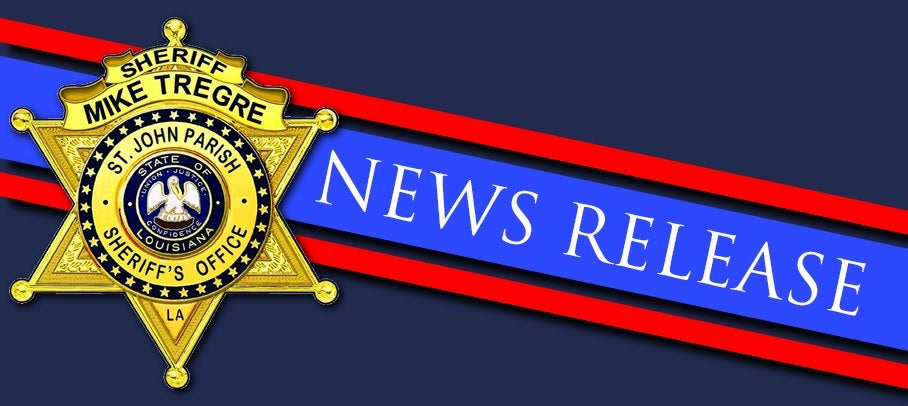$9M loss feared if state ends inventory tax
Published 2:31 pm Tuesday, March 17, 2015
Governments in River Parishes reliant on income
LUTCHER — George Nassar Jr. was emphatic in speaking about the need for St. James Parish residents to fight for the continuation of the state inventory tax.
In addressing the room during the closing comments of last week’s St. James Parish School Board meeting, he characterized the issue as a multi-million dollar must have.
Trending
“For the St. James Parish school system, if the inventory tax is cut, it’s going to take right at $9 million from our general fund,” said Nassar, School Board president and District 4 representative. “That’s a big blow for the management of the school system.”
Nassar made his comments March 10, the same day a group of economists addressing the state’s Senate Revenue & Fiscal Affairs and House Ways & Means committees recommended rolling back the inventory tax by 25 percent.
According to published reports, Louisiana businesses have to pay taxes on the inventory they hold to local governments, but the businesses are then refunded the same amount by the state.
The Advocate reported in St. James Parish, the tax accounts for nearly half the property tax base and about 17 percent of all tax collections.
However, critics of the tax say it unfairly benefits parishes with large industry — like those in the River Region — without acting as an incentive to increase the economy, causing many to call for its abolition or scale back, perhaps as soon as this year.
“We all have to pull together to contact our legislators and anybody we can talk to at the state capitol to help defeat this,” Nassar said. “At a $9 million loss in our budget, I hate to even think about what would happen to the educational system of this parish. It’s not a scare tactic; it’s the truth.”
Trending
In St. James Parish, 42 percent of property taxes come from inventory. In St. John the Baptist Parish, the number is 40 percent, the Advocate reported; adding the inventory tax provides 10 percent or more of total revenue for local government. The money is used for basic government services and would conceivably, if eliminated through the abolition of inventory tax, have to be generated another way.
“From what my understanding is from some of the legislators I spoke to, for the inventory tax to be cut, two-thirds of the Senate and two-thirds of the House have to vote to sent it to the voters of the state of Louisiana,” Nassar said.
The veteran school member said the parish could not afford a local tax increase to recoup the money.
“There is no way that our small businesses and our homeowners in this parish would be able to afford a millage increase of their property tax to cover this $9 million,” he said. “I don’t think going to the voters of this parish would even be considered.”






